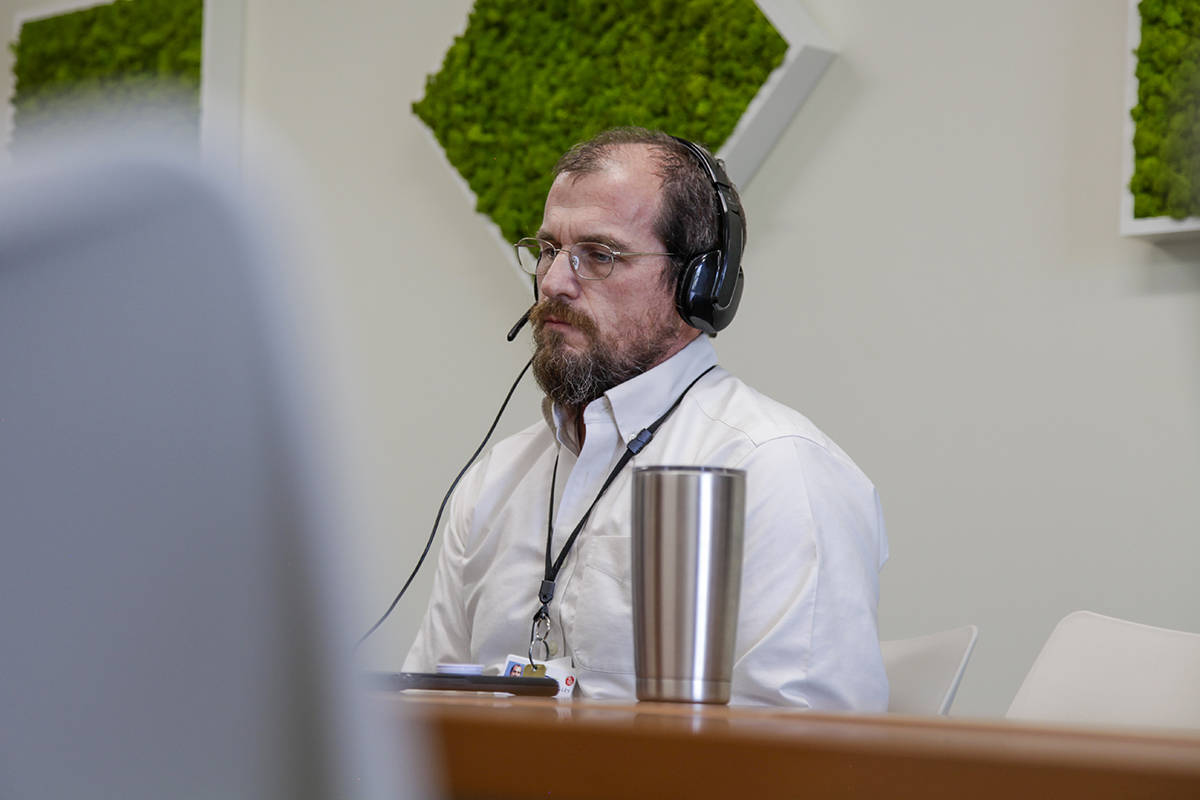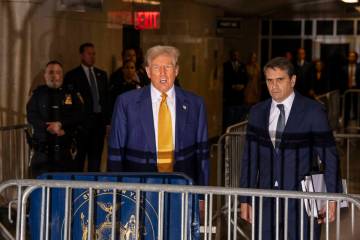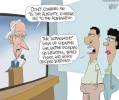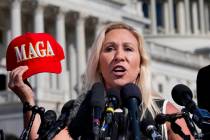Social distancing raising risk to mental health, Senate report says
WASHINGTON — A report compiled by Senate Democrats found that social distancing, isolation and unemployment due to the coronavirus have negatively affected the mental health of 45 percent of adults and increased rates of suicide, substance abuse and domestic violence.
The report by the Democratic Policy and Communications Committee was released Wednesday and recommended funding for behavioral health providers in the next coronavirus relief package.
Suicide is the eighth-leading cause of death in Nevada, which ranks 10th nationally for suicides, according to the Centers for Disease Control and Prevention. And 15 percent of seniors over age 65 in Nevada have been diagnosed with depression.
Stress caused by the pandemic, as well as isolation and limited social interaction, is taking its toll on the public, along with doctors and front-line workers, according to the Democratic Policy and Communications Committee report released by Chairwoman Debbie Stabenow, D-Mich.
Sen. Catherine Cortez Masto, D-Nev., said “this report lays out the challenges facing Nevada and communities across America.”
Cortez Masto said Congress must invest in measures to help individuals and families get back on their feet.
“At a time when half of Americans feel that the pandemic and its economic fallout are negatively affecting their mental health, we can’t afford to do otherwise,” Cortez Masto said.
The report was based on an April survey of 880 facilities with the National Council of Behavioral Health. The survey found that funding for facilities has been cut significantly since 2010.
With the current coronavirus outbreak and increased behavioral health need, nearly two out of three of the facilities could remain financially sound for only three months, according to the report.
Behavioral health organizations estimate $38.5 billion is needed. Congress, so far, has provided $425 million in emergency aid.
In addition to providing funding for front-line workers and facilities, money is needed to improve telemedicine and to provide personal protective equipment.
House Democrats unveiled this week a $3 trillion relief package that includes funds for states, cities and direct payments to individuals and $100 billion for hospitals and health care facilities.
The bill is expected to hit resistance in the Republican-led Senate, where lawmakers have balked at the price tag of the House bill, and Senate Majority Leader Mitch McConnell, R-Ky., has voiced concern about adding to the nation’s debt following $3 trillion in spending in previous relief packages.
Contact Gary Martin at gmartin@reviewjournal.com or 202-662-7390. Follow @garymartindc on Twitter.






























